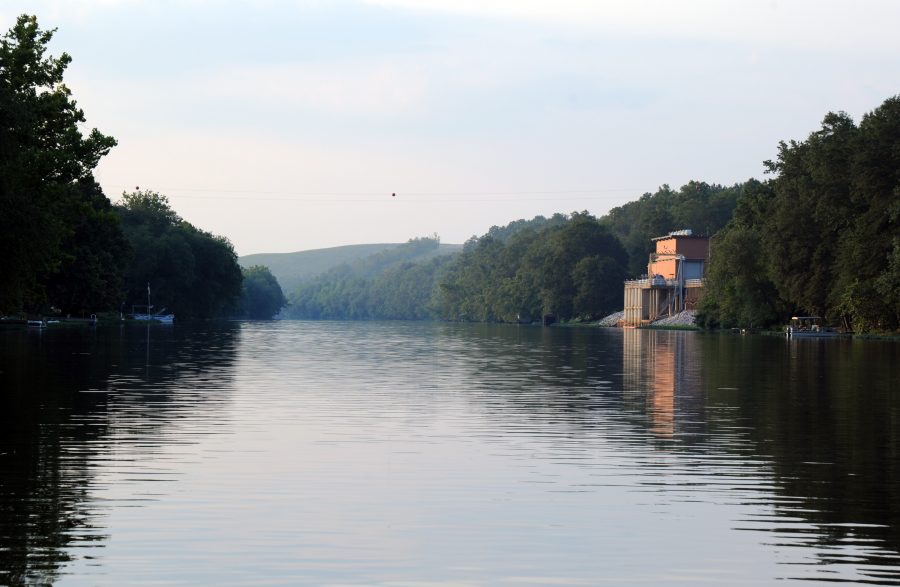Environmentalists saw a victory on the Black Warrior River last month as Drummond Company, Inc. released a statement regarding its Shepherd’s Bend mining permit.
“Drummond Company, Inc. will not renew its permit to mine coal at the Shepherd’s Ben mine project,” the June 19 statement read. “With the drop in the price of coal worldwide, the Company finds that the development of Shepherd’s Bend mine would not yield an acceptable rate of return to justify the investment.”
The decision for the company to not construct a coal mine along Shepherd’s Bend can be seen as an environmental victory for Black Warrior Riverkeeper. It is an organization, “whose mission is to protect and restore the Black Warrior River and its tributaries,” according to its website. The citizen-based nonprofit organization has been in existence for 13 years, in which it has battled the campaign for the construction of the Shepherd Bend’s mine for eight years.
“It [the campaign against the construction of the mine] has been one of our biggest challenges as an organization,” said Nelson Brooke, river keeper with Black Warrior Riverkeeper. “It has also been one of our most rewarding battles because of all the amazing period we’ve been working alongside.”
In 2013, the National Organization of American Rivers selected the Black Warrior River as one of its annual top 10 for America’s most endangered rivers. The Black Warrior River was placed on that list specifically for the potential construction of the Drummond coal mine. In 2014, Black Warrior Riverkeeper created the Shepherd Bend Mine Opposition Coalition, composed of over 150 members as direct opposition towards the creation of the coal mine.
“Shepherd Bend sits above the Warrior Coal field which is a large coal bearing area in Alabama,” Brooke said.
If the coal mine were constructed, it would have enabled the discharge of coal-polluted water into the tributaries of the Mulberry Fork.
“Those 29 discharges would have drained a 1,773 acre area cleared of trees and topsoil, exposed by explosives and massive earth-movers, prone to erosion and runoff polluted by coal,” Brooke said. “Mountaintops and headwater spring-fed streams would be mined through and destroyed forever, altering the natural landscape which served as wildlife habitat, rainwater filter and a natural buffer for the river from man’s activities.”
If the construction of the Drummond mine were to take place, it would negatively effect the drinking water of 200,000 people within the Greater Birmingham area, as well as greatly harming the environment that surrounds the University of Alabama-owned Shepherd Bend.
Black Warrior Riverkeeper’s opposition was never specific to just Drummond.
“Our opposition to mining at Shepherd Bend was never specifically focused on Drummond, and if another company ever showed interest in Shepherd Bend, we would mount the same opposition,” an official statement from Black Warrior Riverkeeper said.







